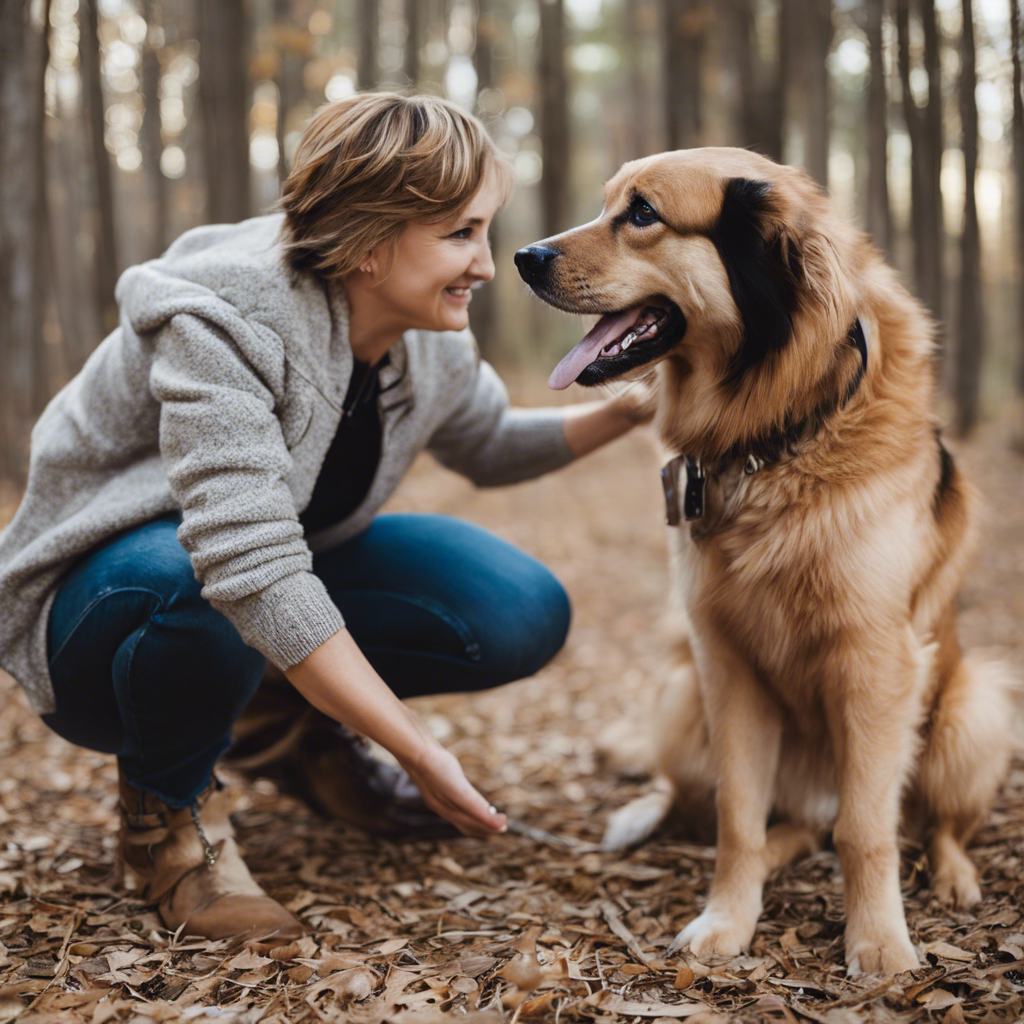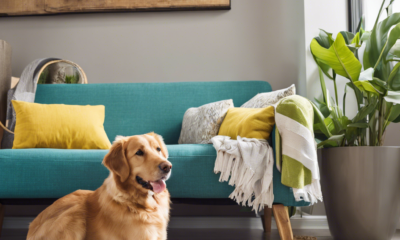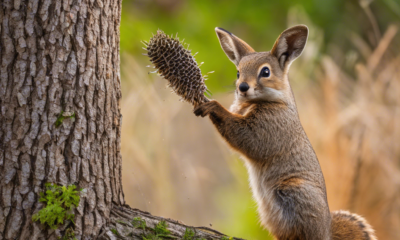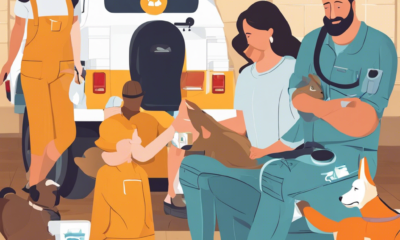Training
Dealing with Aggression in Pets: Tips for Owners

Aggression in pets can be a challenging issue for many pet owners, whether it’s a dog, cat, or even a bird. While some animals may display aggressive behaviors due to fear or territorial instincts, others might exhibit aggression as a result of medical issues or past trauma. Understanding the root cause of your pet’s aggression is essential for implementing effective solutions. As a responsible pet parent, it’s important to address this behavior to ensure the safety of both your pet and those around them.
Aggressive behavior in pets can manifest in various ways, such as growling, biting, scratching, or lunging. It can be triggered by a variety of factors, including fear, resource guarding, pain, or even genetic predisposition. Recognizing the warning signs and identifying the triggers is the first step towards successful management and behavior modification.
If you notice any signs of aggression in your pet, it’s crucial to consult with a veterinarian or a certified animal behaviorist. They can help rule out any underlying medical conditions that may contribute to the behavior and provide expert advice tailored to your pet’s needs. Early intervention is key to preventing the escalation of aggressive behaviors.
One of the most effective strategies for managing aggression is through positive reinforcement training. This involves rewarding desired behaviors and redirecting unwanted behaviors with patience and consistency. For example, if your dog shows aggression towards other dogs during walks, you can practice positive reinforcement by rewarding calm behavior in the presence of other dogs. Gradually, your dog will associate positive experiences with these interactions, helping to reduce their aggression.
Creating a safe and structured environment for your pet is also crucial. This may include providing plenty of mental and physical stimulation, ensuring a consistent routine, and managing any triggers that provoke aggression. For instance, if your cat tends to be territorial, consider creating separate areas for each pet in a multi-pet household.
Moreover, socialization plays a vital role in preventing aggression. Exposing your pets to various people, animals, and environments from an early age can help them develop good manners and coping mechanisms. Socialization classes and supervised playdates can be excellent tools for achieving this.
Lastly, never resort to punishment as it can worsen aggressive behaviors and damage the trust between you and your pet. Instead, focus on positive training methods and seek professional guidance when needed. Dealing with aggression requires patience and consistency, but with the right approach, you can help your furry friend become a happier and more well-behaved companion.
-

 Training11 months ago
Training11 months agoInquiry Regarding Document Review
-

 Adoption1 year ago
Adoption1 year agoHow to Help a Rescue Pet Adjust to Their New Home
-

 Wildlife1 year ago
Wildlife1 year agoProtecting Endangered Species: What You Can Do
-

 Wildlife1 year ago
Wildlife1 year agoEncouraging Wildlife in Your Backyard Safely
-

 Adoption1 year ago
Adoption1 year agoFinding the Right Rescue Organization for Your Family
-

 Wildlife1 year ago
Wildlife1 year agoThe Role of Sanctuaries in Wildlife Protection
-

 Training11 months ago
Training11 months agoApple Smartphones in 2024: Revolutionary Features and Why They Dominate the Market
-

 Wildlife1 year ago
Wildlife1 year agoHow Climate Change Affects Wildlife Ecosystems
















